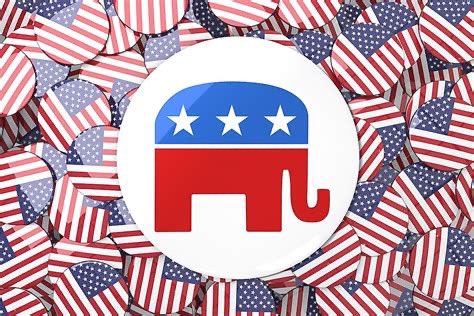🧵 1/ Until the 1930s, state and local governments outspent the federal government—combined. In 1900, states and localities handled most public services, from schools to roads. Federal spending was a measly 2.7% of GDP, while state and local was higher. 

2/ This wasn’t just numbers—it was principle. States and localities were closer to the people, responsive to local needs—and indeed most needs. The federal government stepped in mainly for things like defense and trade. Limited scope, limited spending. That’s how the Founders designed it.
3/ The tide turned with the New Deal in the 1930s. Federal spending surged past state and local combined and didn’t look back. World Wars and Great Depression policies centralized power, disregarding the Constitution’s strict limitations on federal authority. By 2019, feds spent 55% of all government funds, states and locals just 45%.
4/ Why the shift? There are now few limits on federal power. Also, so-called “mandatory” expenses (mostly entitlements) now eat up two-thirds of federal budgets, dwarfing state priorities and even other federal priorities. Federal grants to states have also tied local hands.
5/ The result? A bloated federal machine, distant from citizens, accumulating a national debt soon to reach a staggering $37 trillion. (This happens because, unlike the states, the U.S. government controls the money supply, which it constantly increases by borrowing more money). States, once the heart of governance, are now junior partners, begging for federal crumbs. This isn’t freedom—it’s dependency.
6/ We need to reverse this, restoring state and local primacy in spending. How? Slash federal mandates, reform entitlements, and power to the states and localities, which are closer to the people. Let communities decide their own priorities—schools, hospitals, roads—not D.C. bureaucrats.
7/ States are laboratories of democracy. They’re closer to the people, more accountable. Federal overreach has crushed innovation and ballooned deficits. In 2024, federal spending hit 24% of GDP, while state and local hovered at 17%. Time to return that ratio to its proper proportions.
8/ The Founders understood that centralized power corrupts. They gave states the lead for a reason. Let’s honor that vision: cut federal spending, empower states, and restore the balance that made America thrive. Who’s with me?
• • •
Missing some Tweet in this thread? You can try to
force a refresh












